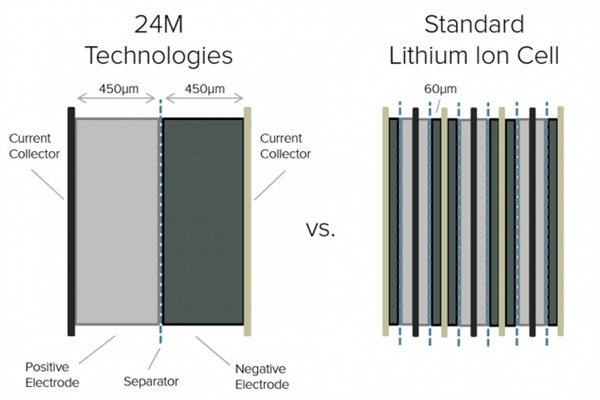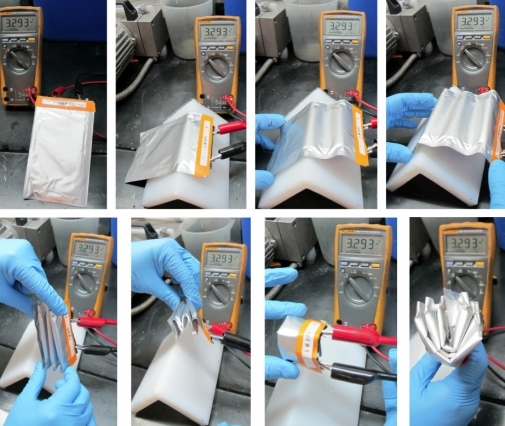 |
Researchers at the Massachusetts Institute of Technology in collaboration with a spin-off company called 24M have recently developed an advanced process for manufacturing lithium-ion batteries that not only promises to significantly reduce production costs but also improve battery performance, making it easier to recycle.
Existing lithium-ion battery manufacturing methods were invented 20 years ago, and the efficiency is low and the process is cumbersome. Professor Just-Ming Chiang, a professor of ceramics technology at MIT, a co-founder of 24M, and one of the former founders of A123 Battery Co., Ltd., and colleagues proposed the concept of "flow battery" five years ago. A suspension of fine particles acts as an electrode and is circulated in the battery by means of pumping. However, the analysis shows that the flow battery system is suitable for low energy density batteries, which means increased costs for high energy density devices such as lithium-ion batteries.
To this end, Jiang Yeming's team improved the design, the new version is called "semi-solid battery": the electrode material does not flow, it is a semi-solid colloidal suspension. According to the physicist's report, unlike the standard process, it is necessary to add a liquid coating on the substrate material, and then wait for the material to dry before starting the next process. The new method allows the electrode material to remain in a liquid state without drying at all. The system reduces the number of layers in traditional battery structures and the amount of non-functional materials by 80% by using fewer but thicker electrodes.
Jiang Yeming said that the new process greatly simplifies the manufacturing process and the production cost can be reduced by half. The battery is flexible and more durable. It is not only bendable, foldable, but it is not damaged even if it is penetrated by bullets. This method can also scale up production, and he estimates that by 2020, the cost per kilowatt-hour capacity will fall below $100.
Currently, 24M has already manufactured about 10,000 such batteries on the prototype production line, most of which are being tested by three industrial partners, including an oil company in Thailand and Japanese heavy equipment manufacturer IHI Co., Ltd. The new process has obtained 8 patents, and another 75 patents are under review.


Full Body Protection Suit,Disposable Protective Clothing,Industrial Protective Clothing,Disposable Protective Coveralls
Ningbo Autrends Prevention Products Co., Ltd , https://www.autrendsafety.com
